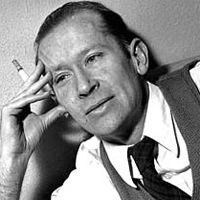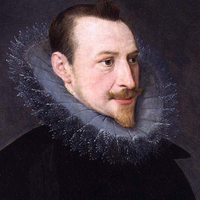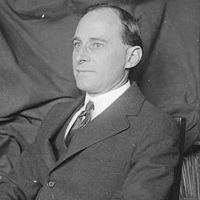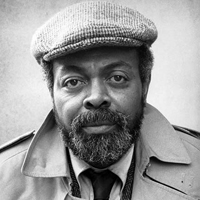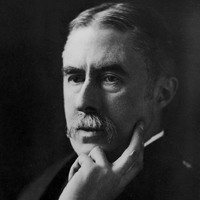anyone lived in a pretty how town by Edward Estlin Cummings: Summary and Critical Analysis
The poem 'anyone lived in a pretty how town' by Cummings is about the loss and lack of identity of people in the modern world. The ‘any’ one of the titles is an anonymous man living in a pretty ‘how’ town. The syntax of the title is suggestive of unusual meanings in this poem too. The title could be read in many ways such as: “a very common and nothing special sort of guy lived in a pretty town.
